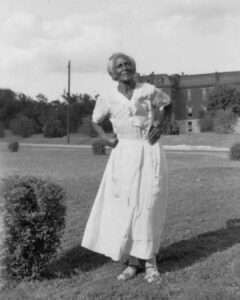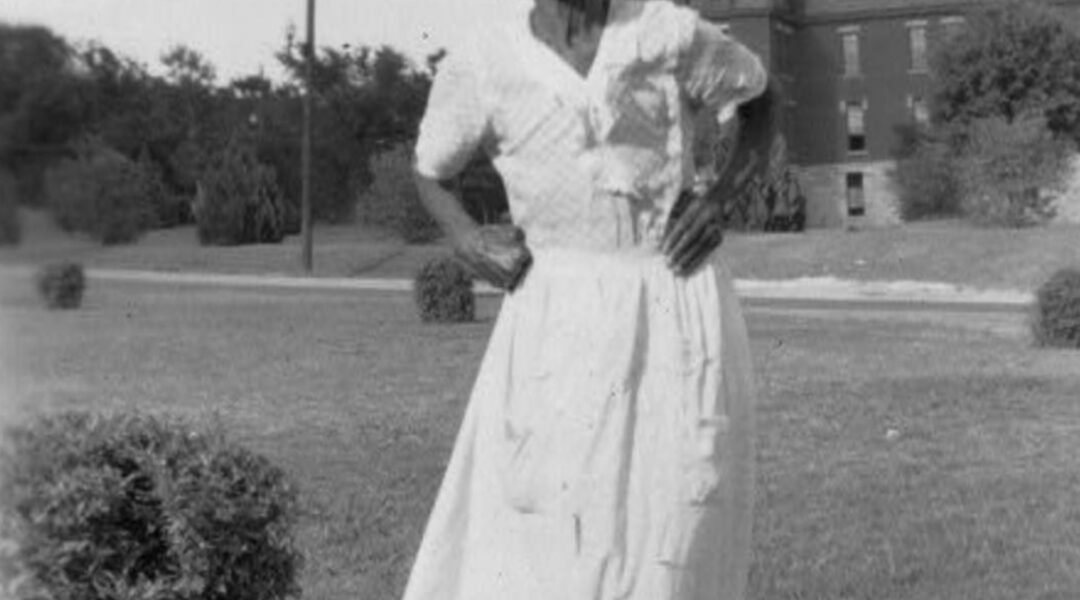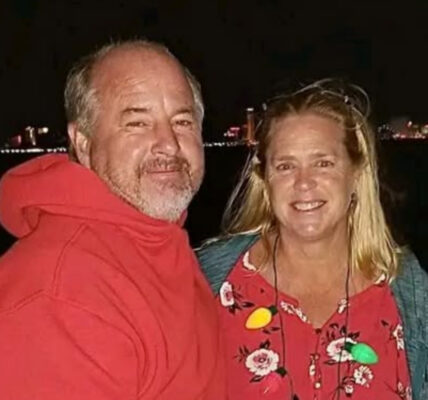In 1938, as part of the WPA Federal Writers’ Project, interviewers traveled across the South to capture the voices of those who had lived through slavery. Among them was Mary Thompson, a woman then living in Austin, Texas, who carried in her memory the weight of bondage and the first breaths of freedom.
Mary had been born into slavery in Denton, Miringo County, Alabama. Her parents, Viney Askew and Wesley Jones, belonged to Green Askew, a man whose name was stamped upon her earliest years. Mary was just fifteen when emancipation came—still a girl, yet old enough to remember the harsh rhythm of enslaved life and the sweet, bewildering relief of its end.
“My mother was a good cook,” Mary recalled, her words preserving fragments of daily life that otherwise would have been lost to history. “She worked for de marster on a great big stove, making salt-risin’ bread.” Bread may sound simple, but for Mary it was the memory of her mother’s skill, of the smells that floated through kitchens even in houses shadowed by bondage.
Life, she explained, was relentless. Days were long and defined by the labor of others—planting, tending, harvesting. Nights offered little rest, only the ache of exhaustion. Yet even in such a world, there were glimmers of humanity, small allowances of festivity that stood out in her recollection.
At Christmas, Mary remembered, the master gave eggnog to the enslaved, and the quarters filled with song. The words of those carols were long gone from her memory by the time she was interviewed, but she remembered the sound, the voices rising, the rare feeling of celebration.
The Fourth of July brought another reprieve. Once crops were cleared, there came a brief season of rest: barbecues smoking with meat, tables groaning with pies and cakes. For a few fleeting days, those who labored without freedom tasted joy.
Yet the specter of sickness was always near. Mary spoke of how illness swept through the enslaved quarters, how little protection there was from fevers and chills. The remedies that sustained them came not only from doctors, who were often scarce or unaffordable, but from the deep well of folk medicine carried across generations. Catnip tea for fever. Sage leaves for chills. Calamus root for children’s colic. Each plant and root a form of survival, a way of preserving life when the world gave little care for Black suffering.
By the time Mary Thompson spoke her words into the record in 1938, she had lived more than seventy years as a free woman. Yet the memories of bondage had never left her. In her voice was not just nostalgia or sorrow—it was endurance. She carried, like so many survivors, the fragments of a world that had been both cruel and formative.

Her testimony is not simply about her own life. It is a thread in the greater tapestry of memory left by those who had been enslaved, a reminder that the institution of slavery was not centuries of faceless labor but millions of individual lives—mothers who cooked, children who fell ill, voices that sang on Christmas night, hands that reached for herbs to soothe a fever.
When Mary spoke of her past, she spoke of humanity carved out of inhumanity, of survival within bondage, of finding rhythm in the small mercies of celebration and healing. Her story, preserved on paper, still carries the heartbeat of resilience.
And perhaps the greatest truth her memory offers us is this: freedom did not erase the past. It lived on in the voices of people like Mary Thompson, who bore witness so the world would not forget.




